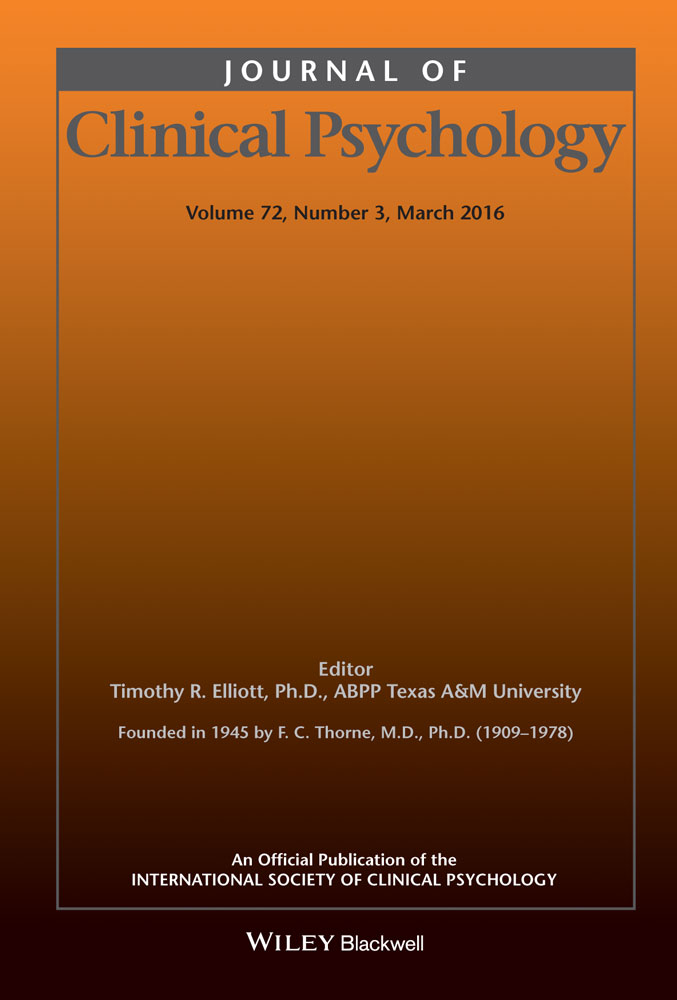Integrating Motivational Interviewing Into a Home Telehealth Program for Veterans With Posttraumatic Stress Disorder Who Smoke: A Randomized Controlled Trial
This work was supported by the Department of Veterans Affairs, Veterans Health Administration, Office of Research and Development, Health Services Research and Development. The contents do not represent the views of the Department of Veterans Affairs or the United States Government.
We thank Charmayne Bowes, RN, Anjali Nandi, MA, LAC, MAC, and Elizabeth Staton, MS. We also thank the members of our advisory board: Herbert Nagamoto, MD; Mary Ellen Wewers, PhD, MPH; and Diana Bialkowski, MSN. Additionally, we thank the members of our data safety monitoring board: Jay Shore, MD; Thomas M. Maddox, MD, MSc, FACC; Sung-Joon Min, PhD; and Allison Williams, PhD, ND.
Abstract
Objective
We evaluated integrating a motivational interviewing (MI)-based smoking cessation curricula and MI counseling into a posttraumatic stress disorder (PTSD) home telehealth care management program to determine if smoking behaviors improved.
Method
We randomized 178 Veterans with PTSD to a 90-session MI-based home telehealth program or to usual care. Outcome measures included self-reported 24-hour quit attempts, seven-day point prevalence abstinence, progression along the stages of change, and mental health symptoms.
Results
Favorable smoking cessation rates were observed in both groups. There was no statistical difference in self-reported 24-hour quit attempts, seven-day point prevalence smoking abstinence or progression along the stages of change. The intervention group showed improved depression and PTSD symptoms.
Conclusion
Integrating MI-based smoking cessation treatment into PTSD home telehealth is an effective method to help Veterans with PTSD quit smoking. Further research is needed to understand how to optimize MI integration into home telehealth to achieve sustained smoking cessation rates.




